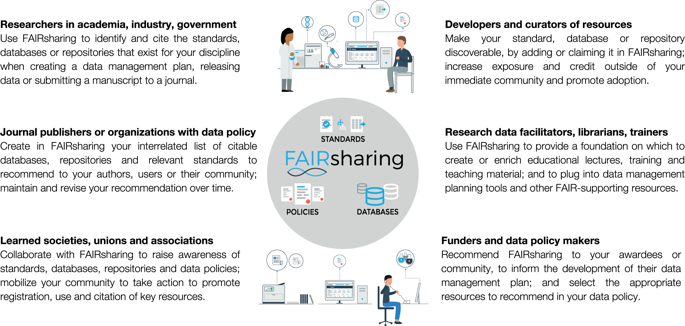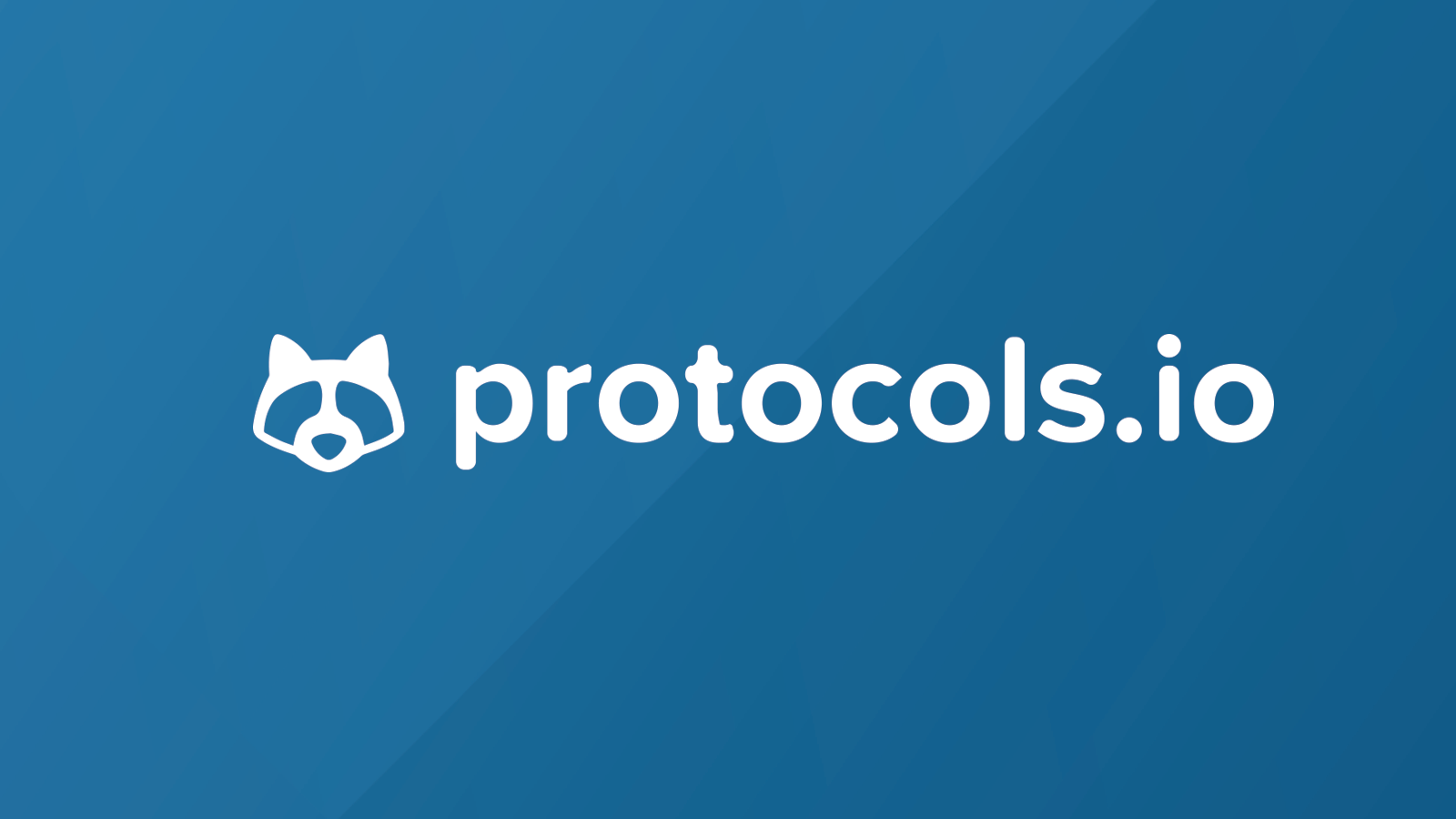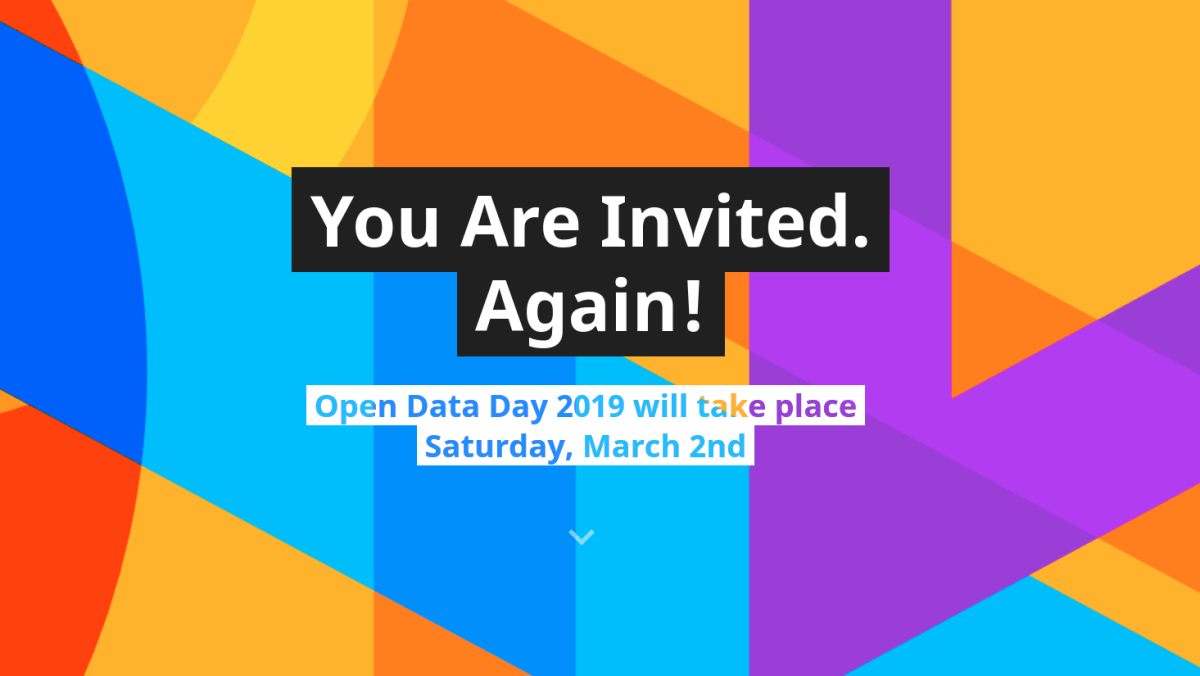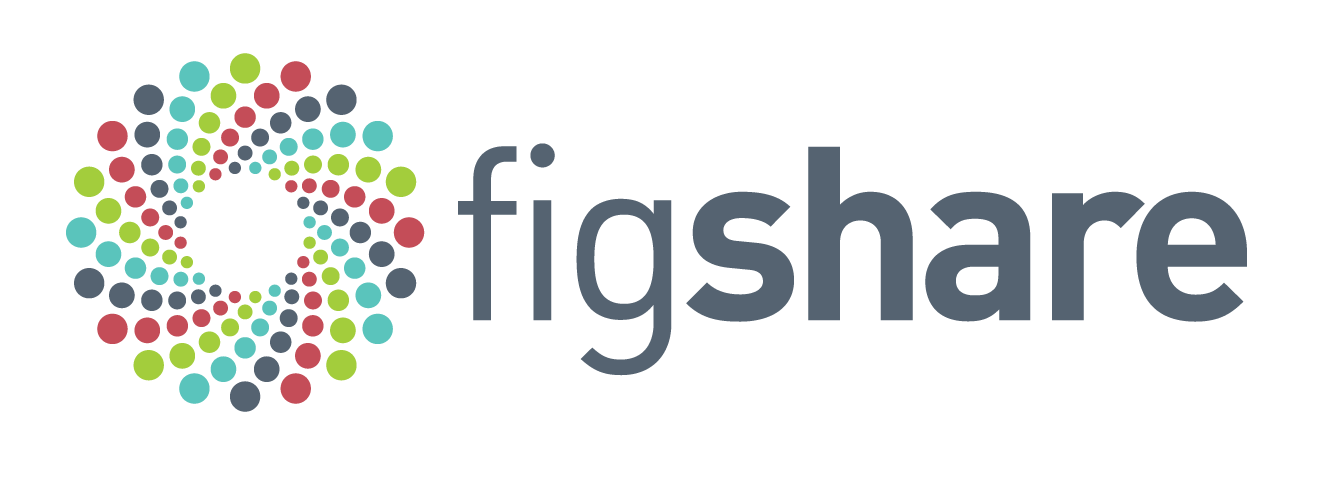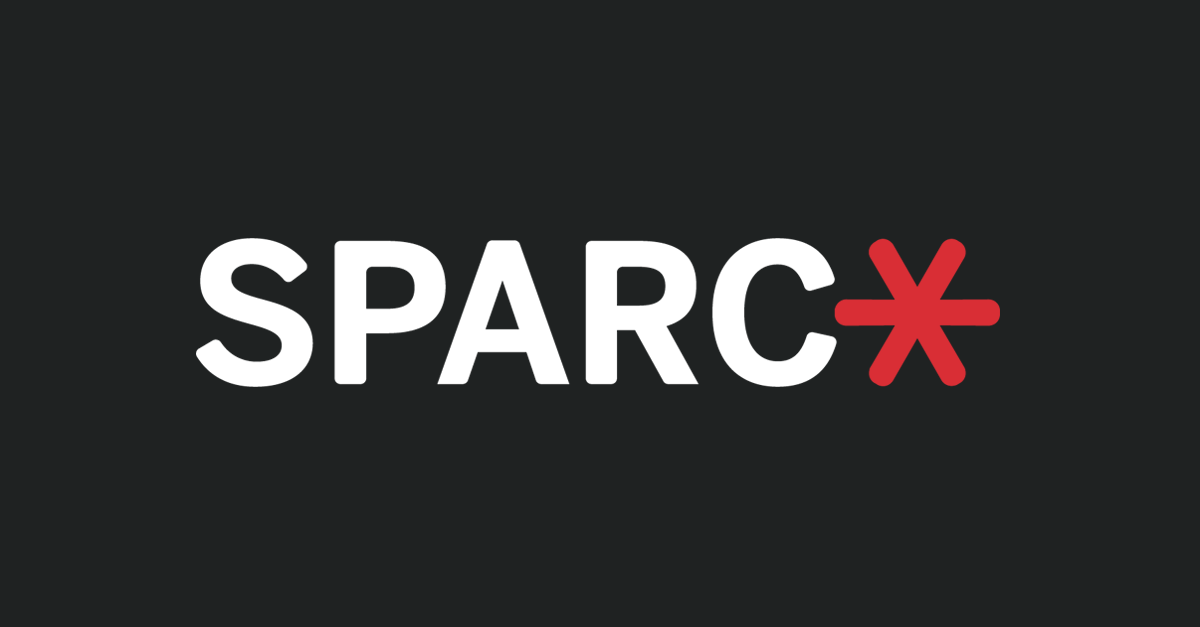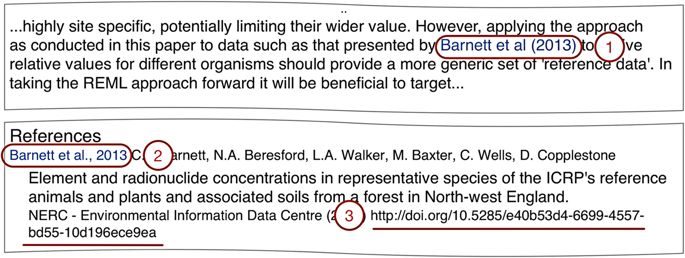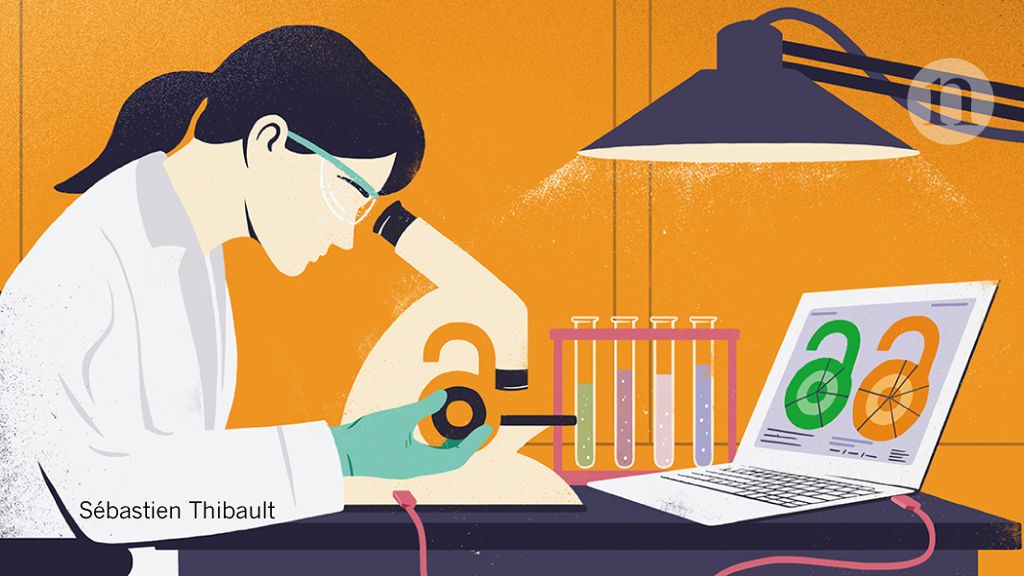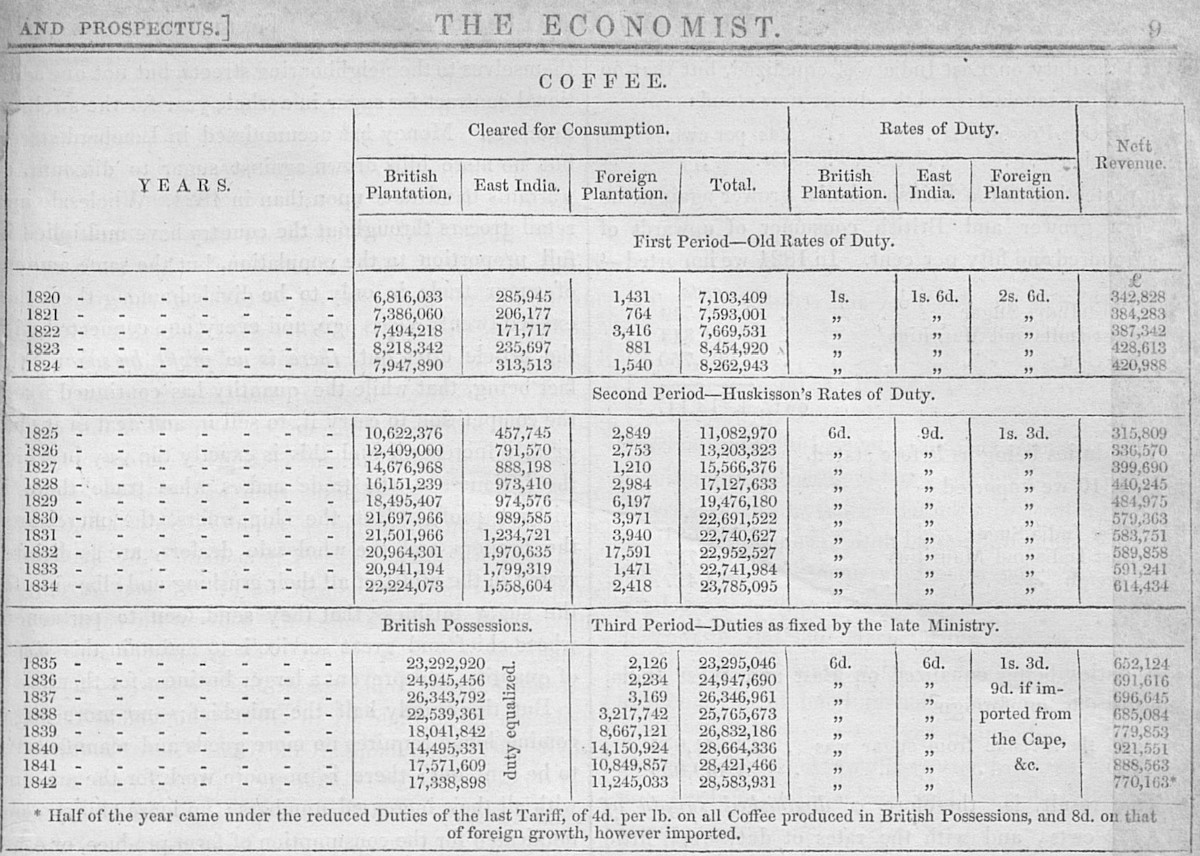Happy Open Data Day 2019! It's that special day of the year again! Well, every day should be Open Data Day, but today lots of motivated folk come together around the world to remind us all why Open Data, Open Science, and sharing of data and science in general is better for everyone. Better for reuse, better for tracking public money flows, better for open mapping and development, and also, lest we lost sight, better for the researcher who produced the data! Why better for the researchers who generated the data? Better because the value add from sharing is multifold. Others can reuse and reanalyse your data. If you've placed the data in a repository with a persistent identifier, you'll get attributed when they are reused and you can get credit for this - and even citations. What may not be immediately obvious is that taking a little bit of time to ensure your data are 'sharable' is good practise that ensures that when you want to use
